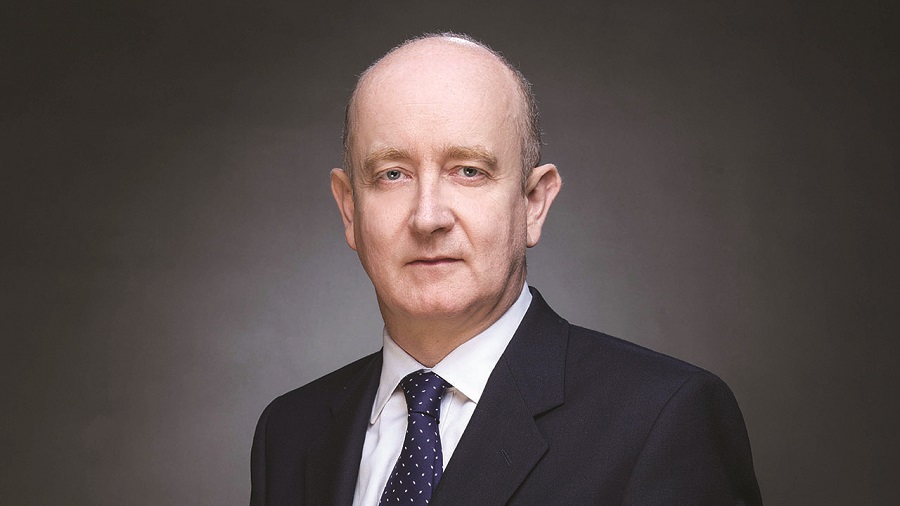There is an ongoing paradigm shift in the Nigerian investment space, especially due to the crash in interest rates in the first half of 2020.
This fact was revealed in the presentation of a revolutionary report recently released by Coronation Asset Management, titled, “Shifting the Appetite of Nigerian Investors; From Savings to Mutual funds.”
The report highlighted that Nigerian investors are faced with difficult choices, as interest rates have crashed; therefore the options are either to wait for the rates to rise in the future or accept more risk, in order to increase returns. The report also highlighted that over the last 10 years, it has been remarkably easy to beat inflation by buying FGN Treasury Bills, which averaged 2.57% above inflation between 2010- 2019. However, with the crash in interest rates in the first half of the year, this era has ended abruptly.
Gold rush
In a keynote presentation, the Head of Research at Coronation Asset Management, Guy Czartoryski, stated that the declining rates of interests have forced savers to turn to mutual funds, as a way of managing and protecting their money.
He also stated that the total assets under management (AUM), over the last four years 2015-2019, more than doubled in inflation-adjusted terms, and were up in nominal terms by over 305%. He further remarked that the compound annual growth rate (CAGR) in total AUM from 2015 to 2019, was 22% in inflation-adjusted terms, and 42% in nominal terms. It would be difficult to find a Nigerian industry that matches this.
At the moment this industry is only about one-tenth the size of the Pension Funds, but it is growing fast.
Breakdown analysis
- Money Market funds grew, from 2015 to 2019, at a CAGR of 28% in inflation-adjusted terms and 49% in nominal terms, faster than the fund management industry as a whole. They grew by 11% in the first half of this year.
- Fixed Income funds grew, from 2015 to 2019, at a CAGR of 82% in inflation-adjusted terms, and 111% in nominal terms. Growth has picked up rapidly in the past two years, with growth at 60% during H1 2020, in nominal terms.
Distribution of Mutual Funds
- The AUM of the fund management industry stood at N1.3 trillion (US$3.4bn), as at 30 June 2020.
- The distribution by type is Money Market funds, 61.4%; Fixed Income funds, 16.6%; US dollar bonds funds, 10.4%; Infrastructure fund (one fund), 4.4%; Real Estate funds, 3.2%; Mixed funds (i.e. money market plus fixed income plus equity), 1.9%; Exchange Trade funds, 1.0%; Equity funds, 0.8%; Ethical funds, 0.3%.
Conclusion and the way forward
Guy, in his closing remarks, suggested pragmatic ways by which the mutual funds industry can grow. He opined that the industry needs a new level of risk management. Investment risk is rising as yields fall, and fund managers and investors need to master risk management, and learn the benefits of diversifying their investments across asset classes.
In addition, he called for the need to liberalize information of the industry, especially as it relates to fund performance, “For example, in a developed market such as the UK, it is possible to access the Morningstar website and the Financial Times Fund Comparison website and make easy and effective comparisons across thousands of funds. Nigeria’s regulator, the SEC, is moving the industry in this direction.”




















Very serious questions begging for answer.
1. Why is SEC not as active as CBN as a regulator?
2. Why is there no cap on CEO of asset management firms tenure?
3. Why is SEC so lackadaisical about rampant lack of corporate governance in asset mgt industry?